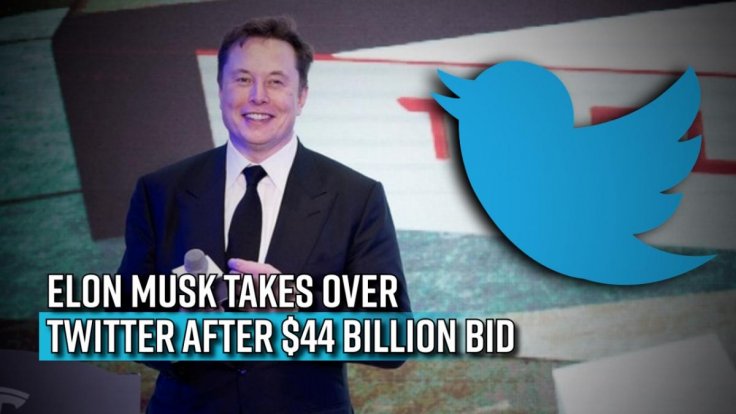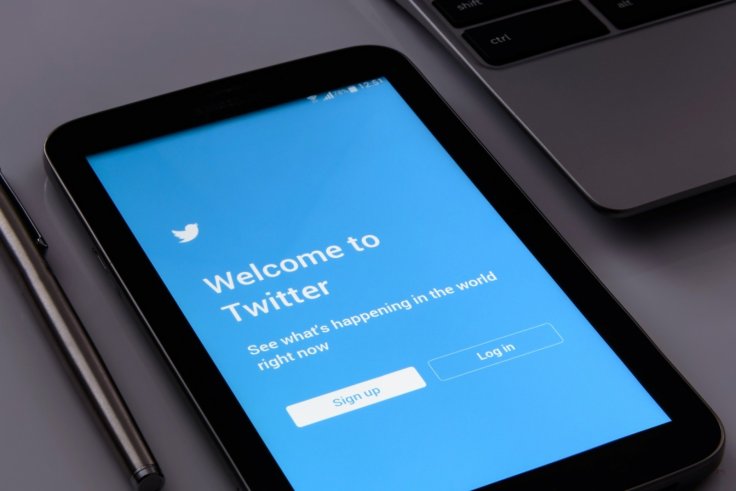Elon Musk's messy Twitter takeover efforts have ground to a halt with the tech billionaire saying on Friday he was walking away from the $44 billion offer made a few months ago.
Twitter has vowed to mount a legal fight against Musk for withdrawing the takeover offer, challenging Musk's charge that the microblogging giant had misrepresented the number of fake accounts.

"As further described below, Mr Musk is terminating the Merger Agreement because Twitter is in material breach of multiple provisions of that Agreement," a letter written to Twitter by Musk's team read.
"In short, Twitter has not provided information that Mr Musk has requested for nearly two months notwithstanding his repeated, detailed clarifications intended to simplify Twitter's identification, collection, and disclosure of the most relevant information sought in Mr Musk's original requests," the letter goes on to add.
Twitter has a Strong Case
Twitter has denied the charges made by Musk from the beginning and it stands by its metrics. In its initial response to the development Twitter board has vowed to purse a legal challenge against Musk, forcing him to stand by the offer.
However, though legal experts believe that the Twitter board's case against Musk is strong, the company might actually prefer a negotiated settlement to a prolonged legal wrangle,
Reuters cited experts saying that Twitter could opt for a renegotiation or settlement. Under the rules in Delaware, where the fight will play out, it is not easy for acquirers to walk away from offers without suffering significant financial losses. However, corporate law experts underline the fact that companies still like to have a renegotiated deal at a lower price instead of a troublesome court battle. Another option is for the companies to accept financial compensation

"The argument for settling at something lower is that litigation is expensive... And this thing is so messy that it might not be worth it," Adam Badawi, a law professor at UC Berkeley, told Reuters.
Burden of Proof
According to Musk, Twitter's alleged misrepresentation of spam account numbers caused a "material adverse effect (MAE)" on the buyout company, which is a breach of the contract. However this argument may not stand in the court as MAE is generally seen as unexpected developments.
"If it goes to court, Musk has the burden to prove more likely than not, that the spam account numbers not only were false, but they were so false that it will have significant effect on Twitter's earnings going forward," says Ann Lipton, associate dean for faculty research at Tulane Law School.
"Most of the times the courts find in favor of the target companies and order acquirers to complete their deals - a legal remedy known as "specific performance," says the Reuters report. It cites the example of the court ordering Tyson Foods in 2001 to buy the largest meatpacker, IBP Inc. although it wanted to walk away from the deal.
"Many companies, however, choose to settle with their acquirers to end uncertainty about their future that can weigh on their employees, customers and suppliers," the report adds.









